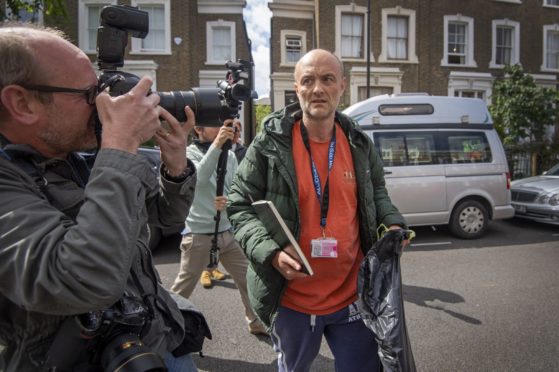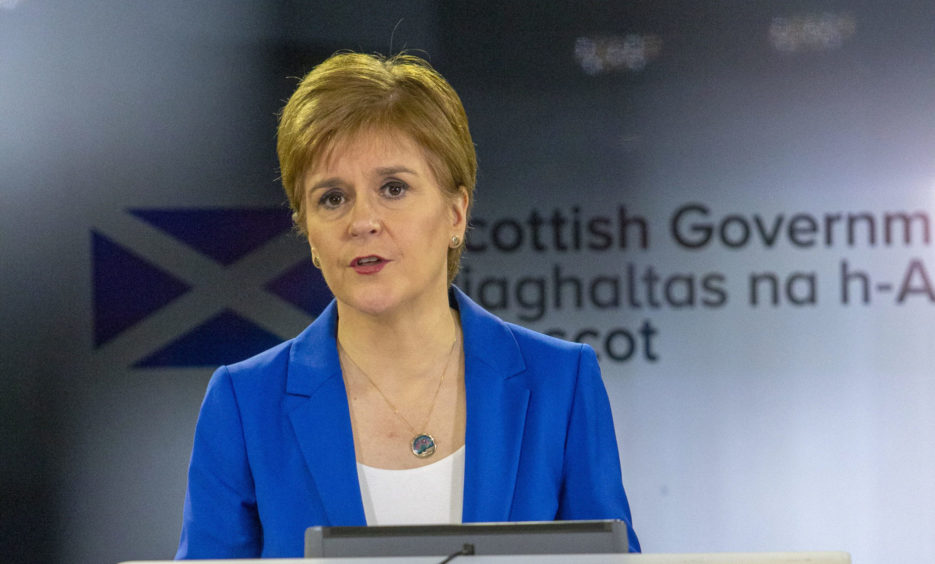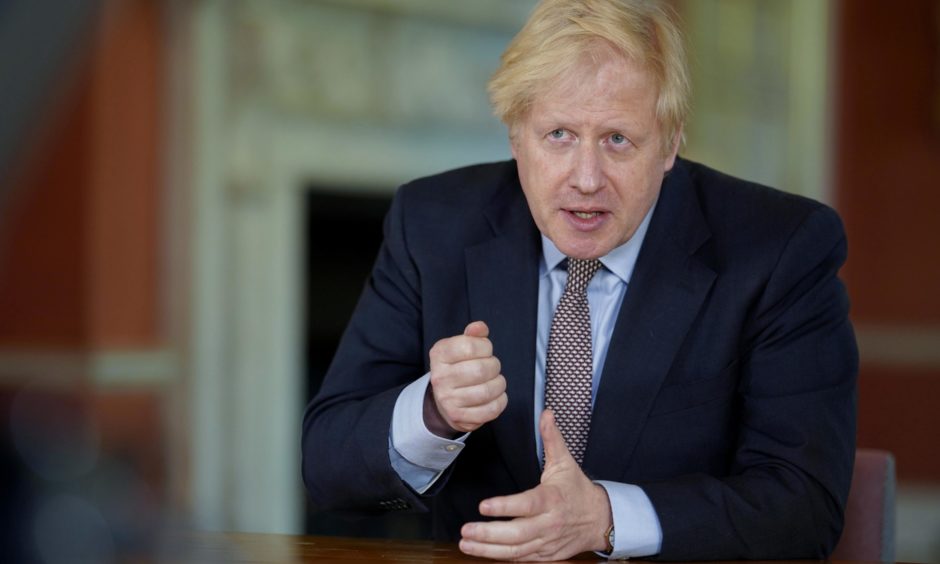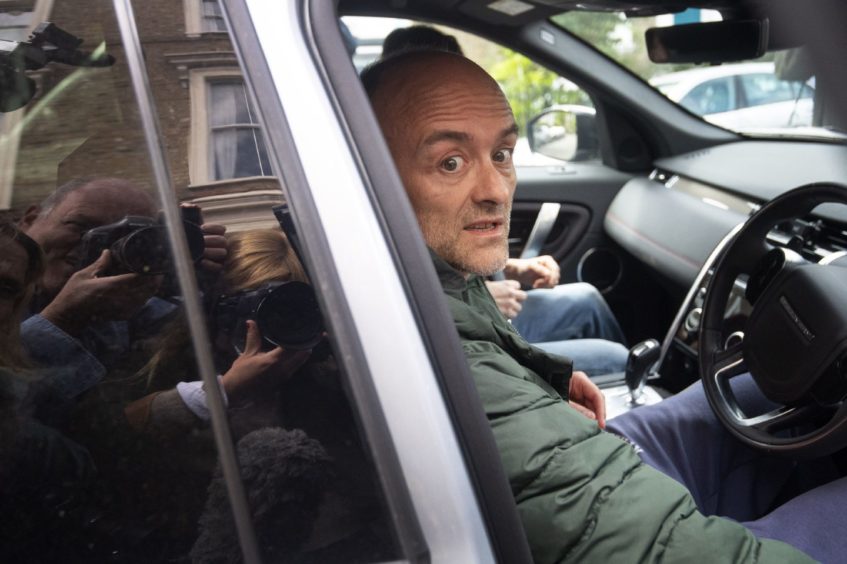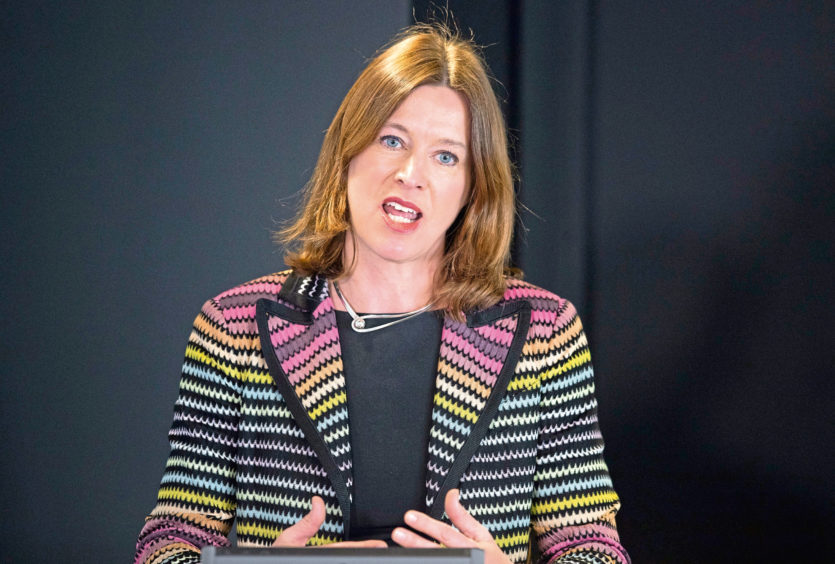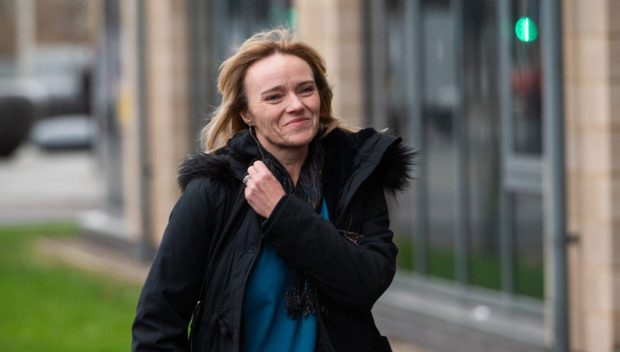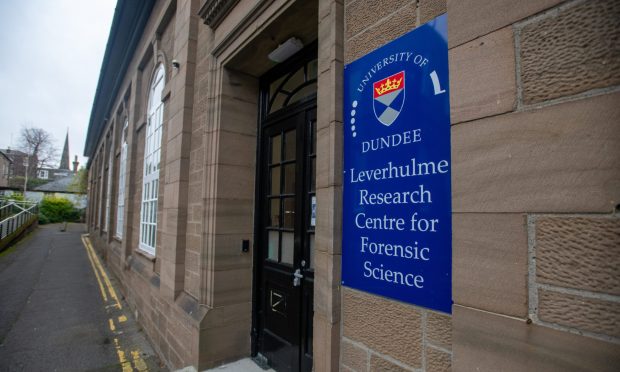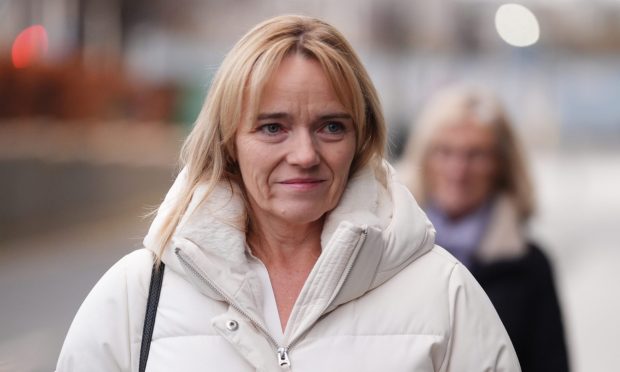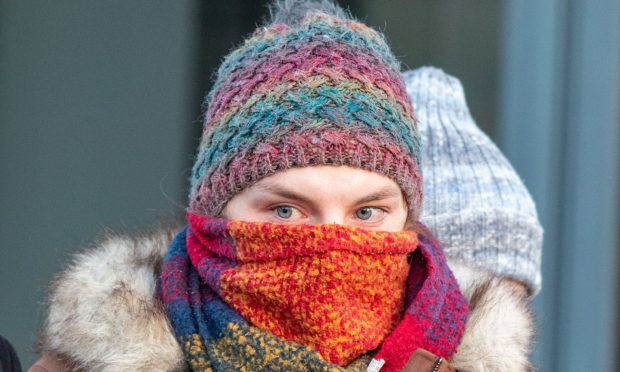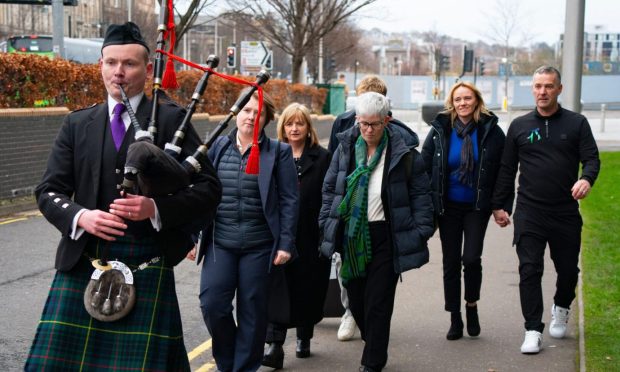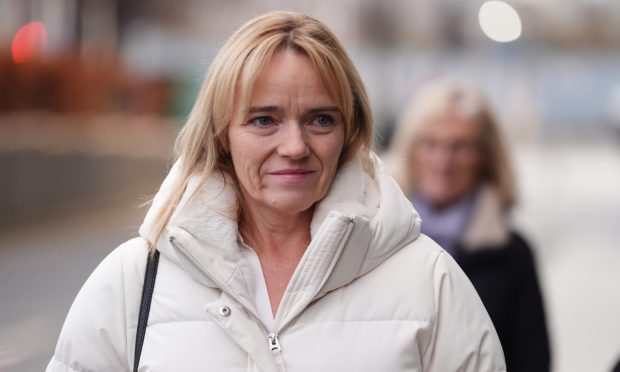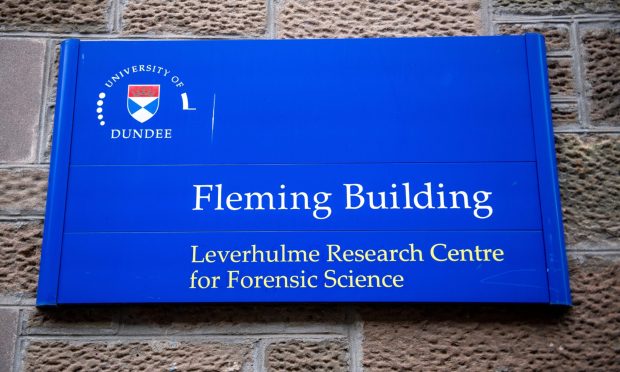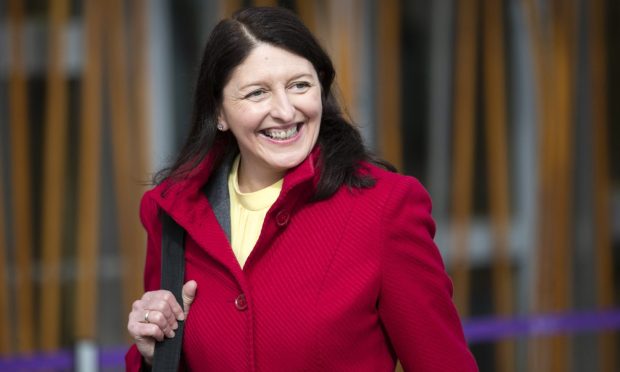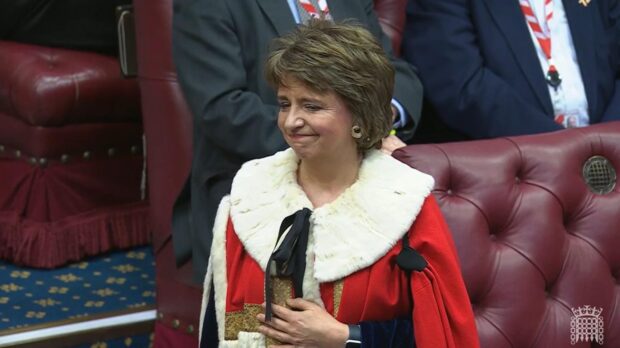Nicola Sturgeon has called on Boris Johnson’s chief adviser to admit he made a mistake and apologise to the nation over an alleged breach of coronavirus lockdown rules.
The prime minister should reflect on the decision to back his top aide, Dominic Cummings, and “come to a different conclusion”, Ms Sturgeon said.
Mr Cummings travelled to County Durham in March to self-isolate with his family despite official guidelines warning against long-distance journeys, apparently because he feared he and his wife would be left unable to care for their young son.
Further reports suggest he took a second trip to the North East in April, having already returned to London following his recovery from Covid-19.
Mr Johnson gave his full backing to Mr Cummings on Sunday night but the first minister urged him to reconsider and accused the prime minister of putting political interests ahead of public wellbeing.
She asked Scots to continue obeying the lockdown – while acknowledging some would now wonder: “why bother?” – and said Mr Johnson should correct the “unfair” suggestion parents who followed guidance “didn’t act like good parents”.
The prime minister said Mr Cummings had “acted responsibly, legally and with integrity” and that “any parent would frankly understand what he did”.
Mr Cummings is due to make a public statement and take questions later on Monday – a highly unusual move for a Downing Street aide – amid growing calls for him to be sacked by the prime minister.
Asked what she would like to hear Mr Cummings say, Ms Sturgeon said: “Perhaps concede that he made a mistake, that he didn’t follow the rules, and instead of trying to retrospectively rewrite those rules, to admit he made a mistake and apologise for that.
“That aside, there are lots of detailed questions about his account and the account that was given afterwards by his wife of his isolation that don’t, to me, seem to tally up, but I’m sure there are many journalists who will put those questions to him.”
She added: “I think a simple recognition that – for many people hearing the prime minister last night say that he acted appropriately and was following the instinct of any parent – a lot of parents will have heard that as suggesting that by following the rules they didn’t act like good parents.
“I think that is really, really unfair and perhaps correcting that suggestion and that impression would be something that he should consider doing.”
Earlier in the day, SNP Westminster leader Ian Blackford accused the prime minister of “taking the public for fools” and tabled a parliamentary motion calling for Mr Cummings to be sacked.
He will also convene a cross-party meeting on Tuesday to discuss the joint action MPs can take to hold Mr Johnson and Mr Cummings to account. It is expected to discuss the need for parliamentary action and a Cabinet Office inquiry, among other measures.
In her opening statement at Monday’s daily briefing, Ms Sturgeon said: “I know that many of you will be feeling angry and frustrated about stories you’ve heard over the last couple of days and perhaps wondering: ‘why bother?’.
“I understand that, but I want to stress that, as far as I’m concerned, the restrictions and rules that we put in place really matter. It’s vital that all of us stick to these rules, and not just because people tell you to or ask you to.
“The reason we asked you to stick to these rules is because they help to protect you and your loved ones, they help us to protect our national health service, and they do help us to save lives.”
Ms Sturgeon also referenced the comparison drawn between Mr Cummings’s situation and that of Scotland’s former chief medical officer Catherine Calderwood, who breached the guidance with two visits to her second home in Fife.
Dr Calderwood resigned following a grilling from journalists in which she revealed she had travelled to the home for a second time. The first minister initially attempted to back her medical adviser but Dr Calderwood quit just hours later.
Ms Sturgeon said: “She recognised she’d made a mistake and apologised. I made an argument to the public at that time that she’d made a mistake but her advice was so important, given what we were dealing with, that she should stay in office.
“But when it became clear to me that the public, understandably, were not prepared to accept that, I judged that integrity of the public health message was more important and, actually, to her great credit, so did Catherine Calderwood.”
